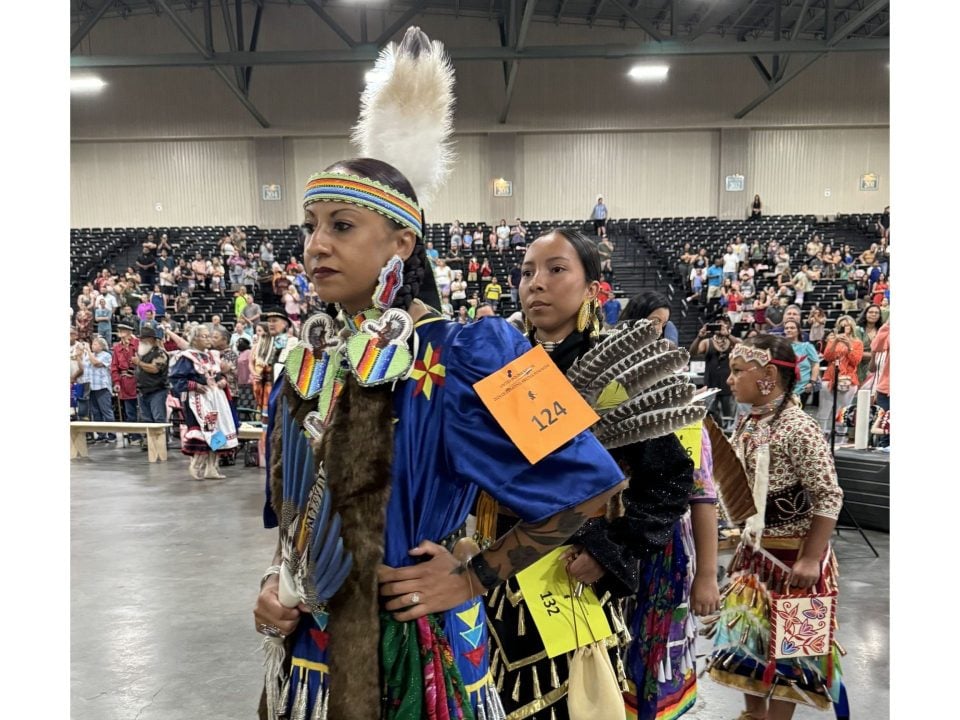
Perception woes dog Randolph
March 12, 2013Getting kids help: ‘Easier said than done’
March 12, 2013Lafourche Parish President Charlotte Randolph told judges that her motivation was pure when she and her husband George engaged in private business with BP following the Deepwater Horizon disaster, but a Board of Ethics attorney argued their intent is irrelevant.
Speaking publicly on the topic for the first time in 15 months, Randolph said that her simultaneous public and private deals with BP following the 2010 Deepwater Horizon disaster neither did nor could influence one another.
“We are not perfect,” said Randolph, of she and her husband George, who had no formal representation at the Ethics Adjudicatory Board hearing. “We do not do anything to hurt Lafourche Parish.”
A panel of three administrative law judges heard the case in less than an hour but did not immediately render a decision. If found in violation, the Randolphs could be required to forfeit the money they earned through the private agreement and pay up to half that amount in fines.
Randolph began leasing her Grand Isle camp to BP nearly two months after the Deepwater Horizon disaster and one month after the company agreed to give $1 million to Lafourche Parish Government.
State law prohibits public servants from providing private services to parties who have or are seeking a financial relationship with the public servant’s agency.
Randolph and her husband George, doing business as Randolph Publications, are charged with violating the state’s ethics code by doing business personally with a party simultaneously engaged in a financial contract with the parish. They took $50,000 through the lease, signed on June 18 and terminated Oct. 23, 2010.
Within two months of the Gulf of Mexico disaster, BP had agreed to similar $1 million agreements with five coastal parishes. The public deals were struck so that parish officials could respond to encroaching pollutants without paranoia regarding reimbursement.
Charlotte Randolph said motivation behind the private deal was purely to help BP house employees, who had to respond to the oiled coastline daily, in an area null of hotel vacancies. “Hundreds, hundreds of camps were rented,” she said.
The Randolphs considered the public deal as a “donation” and the way the ethics board delivered its argument “kind of throws a different light” on it, George Randolph said.
Ethics law attorneys framed the public arrangement as a contract because BP had stipulated oversight checks on the money’s expenditure.
The Randolphs initially rebuffed requests by BP to lease the camp because they were wary of allowing strangers to have run of the place, they said. But after consultation with friends and other public officials, Charlotte Randolph said, the duo decided to lease the camp at $100 per person per day.
The parish president and her husband expressed fear that public perception would be they curried favor to BP, whether it pertain to cleanup or financial requirements.
“BP had nothing to gain from renting our camp,” the parish president insisted. “There was nothing in our (public) agreement that was different than anyone else’s.”
The notion that she could use her position to lessen BP’s penalties or fines is “ludicrous,” she said. “There is no way we could influence these situations.”
Charlotte and George Randolph self-reported the rental circumstances to the Louisiana Ethics Administration one day after they received an opinion that cast a shadow over the arrangement.
Following the Gulf of Mexico well blowout, the Lafourche Parish BP Oil Spill Committee – consisting of councilmen Joe Fertitta, Daniel Lorraine and Lindel Toups – requested a district attorney’s opinion on the legality of whether parish officials could do private business with BP.
The district attorney advised that such deals would likely be prohibited because of the public contract with BP. He attached an ethics board advisory opinion from June 2010 advising that a St. Tammany Parish councilman could not lease his boat to BP because of a similar public contract between the oil company and that parish.
In the Randolph case, attorneys with the state Board of Ethics told judges the family’s business relationship was a clear violation of state law while conceding that the private business relationship had no bearing on BP’s arrangement with Lafourche Parish Government.
George Randolph parroted the attorney’s concessions and emphatically told reporters that the charge is in no way connected to bribery. He seemed to choke up while telling judges that he feared a quid-pro-quo perception would follow penalties – if levied – and taint Lafourche Parish’s first couple’s reputation.
“Quid pro quo is not an element of the state law,” said Tracy Barker, staff attorney with the ethics board, while stressing that Randolph’s intent is irrelevant. As an elected official, “there are more rules that (Randolph has) to follow than an ordinary citizen. The public should not have to question her motive.
“This is exactly what the code prohibits.”
Barker added that the Randolphs “made $50,000 they were not entitled to receive.”
Randolph cautioned that the strictest adherence to the law would bar her from doing business with any person that has a land-use agreement with the parish. These agreements are struck for myriad reasons, including allowing public works equipment to transit to the backend of property for drainage work.
In the absolute sense of the law, it “truly restricts the number of people I can deal with” privately, she said, and it becomes “so onerous that our hands are tied in just about any personal dealings.”




